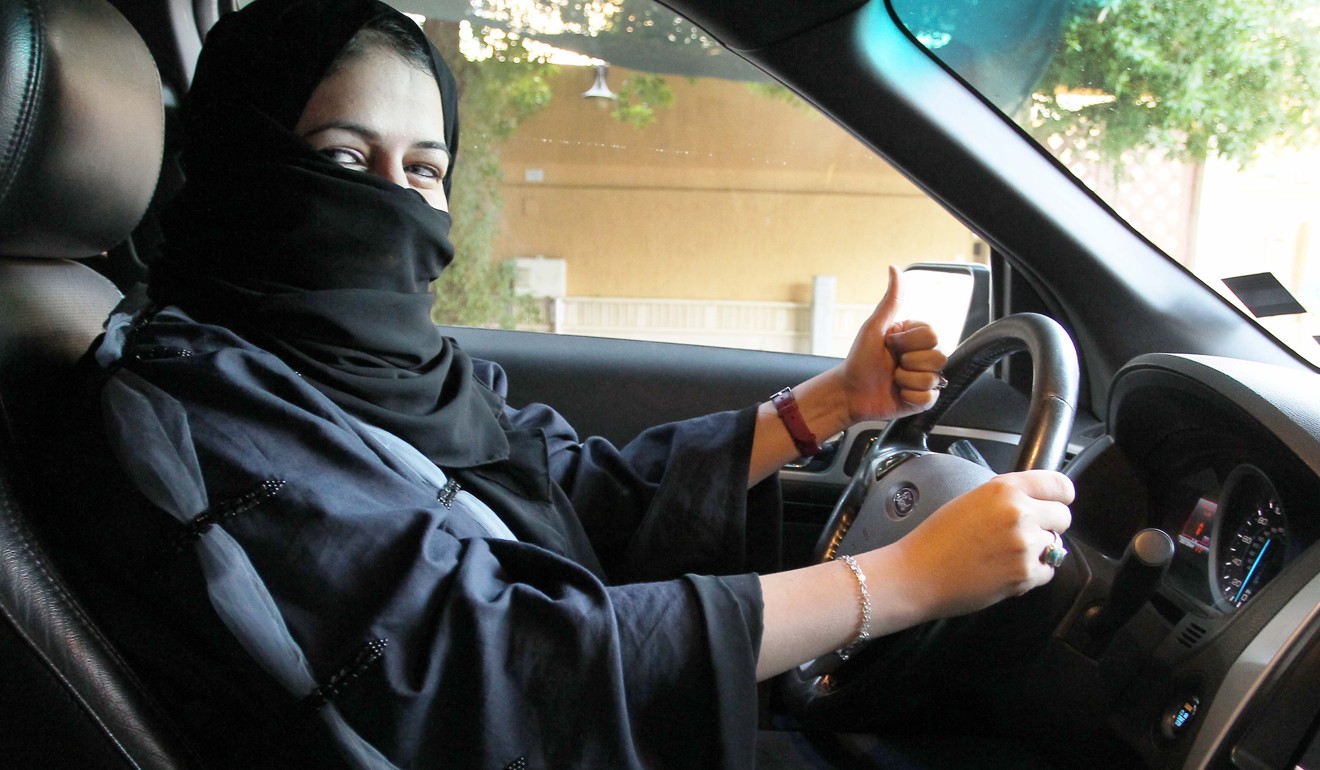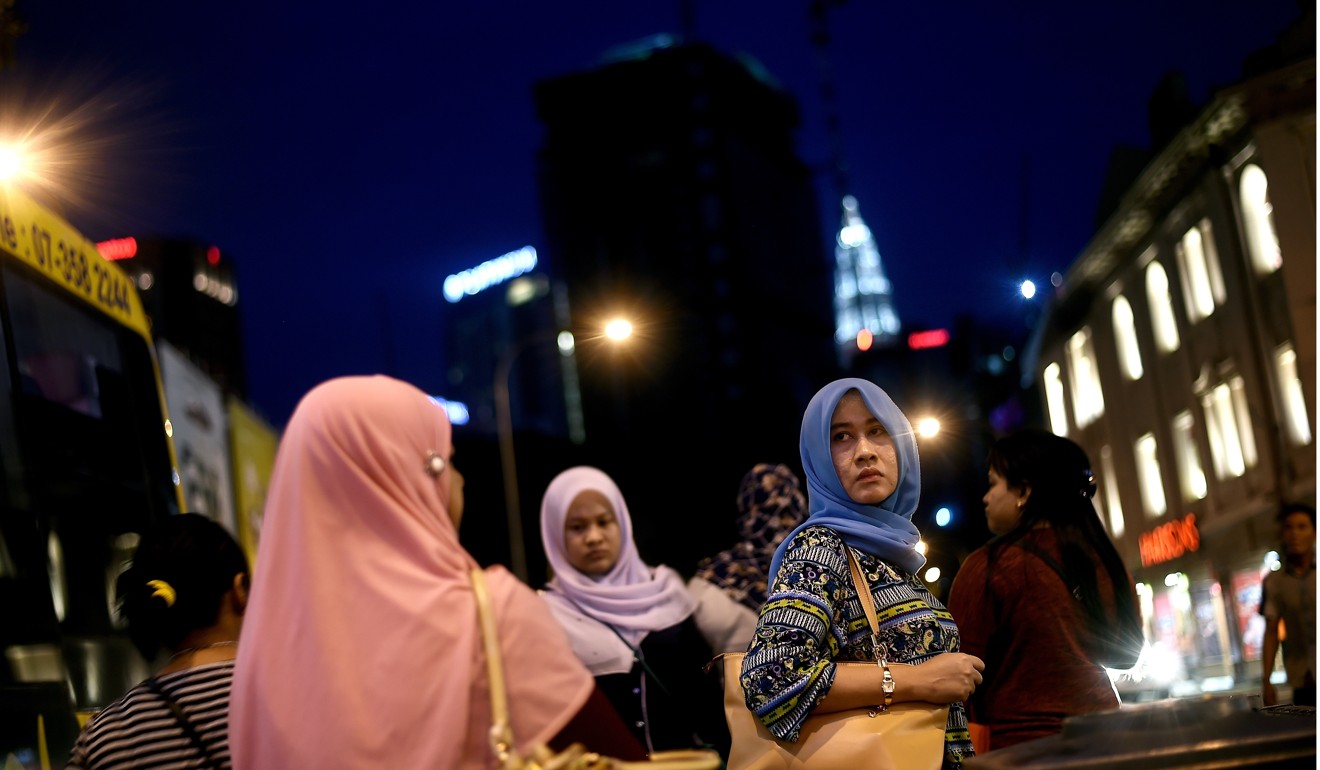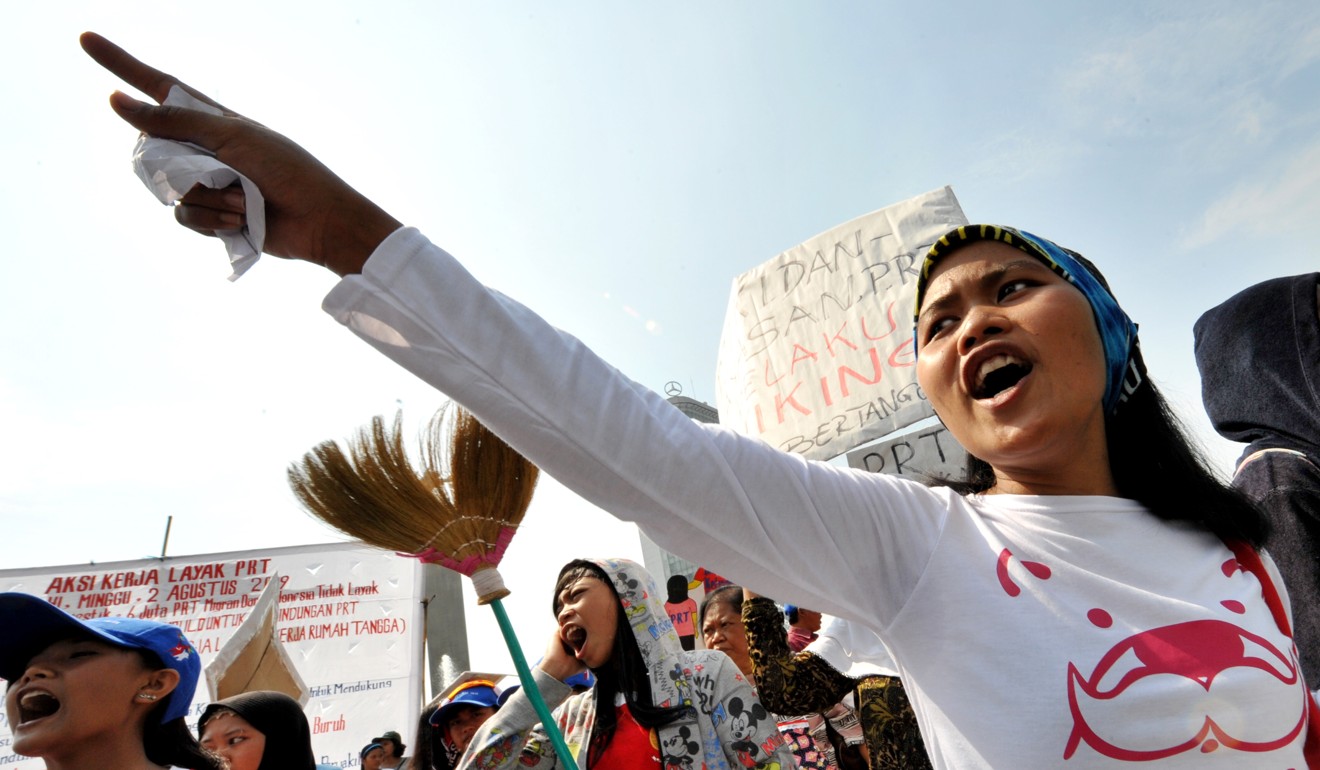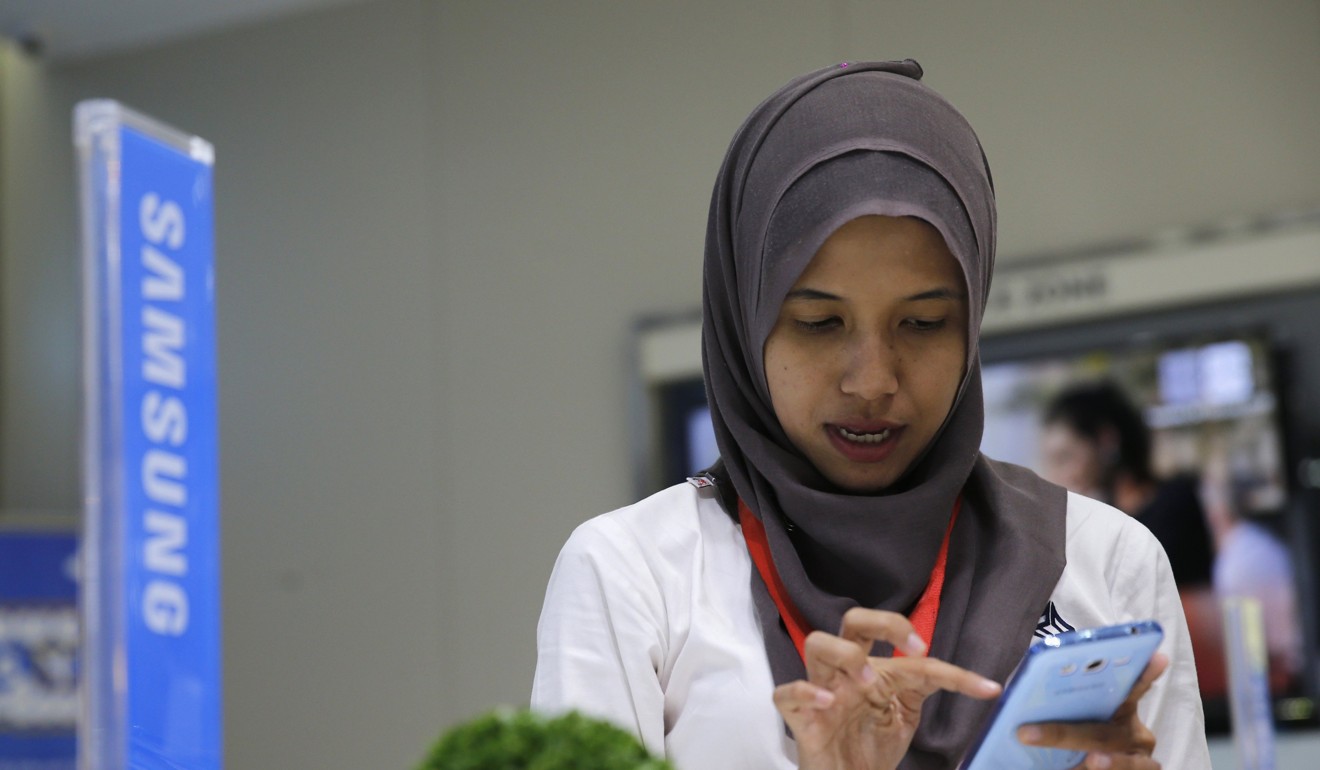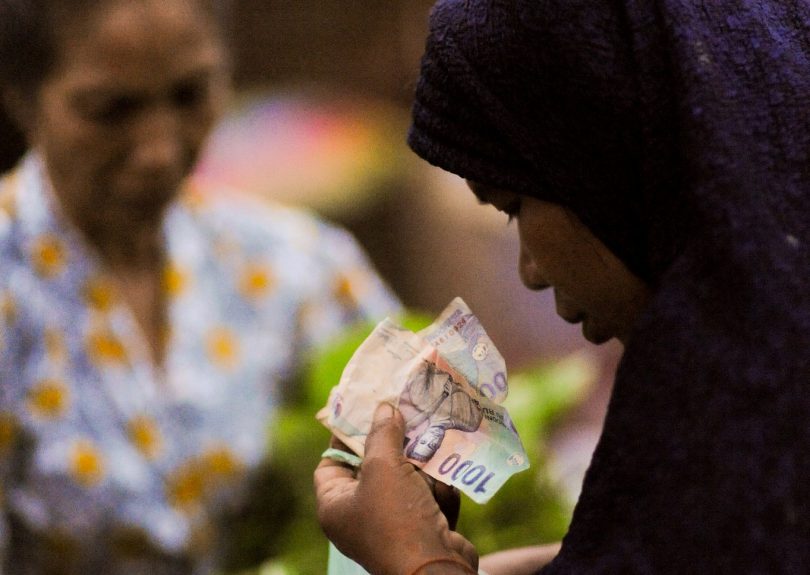Jakarta’s new governor, Anies Baswedan, was inaugurated in a large and highly publicised ceremony on 16 October. After a highly racially and religiously charged gubernatorial campaign that saw Anies defeat incumbent governor Basuki Tjahaja Purnama—a Chinese Christian since imprisoned on charges of blasphemy—many Indonesians had hoped for a period of calm. Anies might have contributed to that by delivering a moderately religious but clearly nationalist and inclusivist inauguration address in his first speech as governor.
This is not what he delivered. Instead, Anies has doubled down on the identitarian religious rhetoric that sustained his campaign and propelled him into office. One particular line from his speech as attracted particular attention among Indonesia’s liberals, progressives, and religious and ethnic minorities:
Jakarta ini satu dari sedikit, satu dari sedikit kota di Indonesia yang merasakan kolonialisme dari dekat. Penjajahan di depan mata itu di jakarta, selama ratusan tahun. Di tempat lain mungkin penjajahan terasa jauh, tapi di Jakarta bagi orang Jakarta yang namanya kolonialisme itu di depan mata. Dirasakan sehari-hari. Karena itu bila kita merdeka maka janji-janji itu harus terlunaskan bagi warga Jakarta. Dulu kita semua pribumi ditindas dan dikalahkan. Kini telah merdeka, kini saatnya menjadi tuan rumah di negeri sendiri. Jangan sampai Jakarta ini seperti yang dituliskan pepatah Madura: etek se bertelor, ajam se rameh, katanya. Itik yang bertelur, ayam yang mengerami. Kita yang bekerja keras untuk merebut kemerdekaan. Kita yang bekerja keras untuk mengusir kolonialisme. Kita semua harus merasakan manfaat kemerdekaan di ibu kota ini.Jakarta was one of only a few cities in Indonesia that felt colonialism from up close. Colonisation was in front of one’s eyes in Jakarta, for hundreds of years. In other places, perhaps, colonisation felt far away, but for the people of Jakarta colonialism was right in front of their eyes. It was felt on a daily basis. Because of that, when we became independent, those promises [of independence, as Anies mentioned earlier: namely prosperity, protection, and knowledge—Ed.] had to be fulfilled for citizens of Jakarta. Previously, all of us pribumi [indigenous people] were oppressed and defeated. Today we are independent, and it’s time to become the hosts in our own country. Don’t let Jakarta like what is written in the Madurese saying: etek se bertelor, ajam se rameh. The duck lays the eggs, but the chicken broods. It was we who worked hard to contest independence. We who worked hard to drive out colonialism. We all have to feel the benefits of independence in this capital city.
There are three important observations from this excerpt.
- Even after nearly seventy years of independence, colonial legacies matter. Anies is able to compose a powerful political message that invokes the socioeconomic effects of colonialism. Anies (or his speechwriters) believe that this is message that still resonates. In my view, he is right.
- This is a presidential speech, not a gubernatorial one. The looks exactly like the speech of a candidate preparing himself for a 2019 presidential run, placing Jakarta at the centre of national politics and staking a claim for himself as a national politician. Elsewhere in the speech he invokes folksy sayings from ethnic groups around the archipelago (Acehnese, Batak, Banjar, Madurese, Minahasa, Minang), figuratively pushing a pin in each of Indonesia’s regions and saying “I am speaking to you too.”
- Every Indonesian who hears this speech will understand that it is targeting ethnic Chinese Indonesians. Specifically, it is associating Chinese Indonesians with the long colonial period and its legacies on everyday politics. Pribumi is a term that connotes indigeneity, but specifically, it identifies those citizens of Indonesia who are viewed to be descended from foreign populations (Chinese, Arabs, Indians, Europeans, and others). Anies appears to have conveniently forgot that he himself is of Hadrami descent. Alternatively, he might not have forgotten at all, but rather he knows that Indonesia’s wealthy Arab Indonesian elite faces none of the discrimination that Chinese Indonesians face in places like Jakarta. (I have written about this here [PDF].)
The visual imagery surrounding Anies’s installation reflects similar kinds of politics. One notable banner that has generated much discussion appears below:
The full banner reads Terpilihnya Anies-Sandi adalah Simbol Kebangkitan Pribumi Muslim, or “the election of Anies-Sandi is a symbol of the awakening of the indigenous Muslims.”
The long term consequences of this for Jakarta and Indonesian politics are hard to predict. However, anyone hoping that Anies would revert to the moderate Islamic persona that he had cultivated prior to his gubernatorial campaign must now be disappointed. His lickspittles might argue that his use of non-Muslim religious language at the beginning and end of his speech signals his understanding that Jakarta (like Indonesia) is a religiously diverse city. But this view ignores the reality of Anies’s inauguration: the pribumi/non-pribumi cleavage is alive and well in Indonesian politics, and a leading politician is betting that exploiting this cleavage is good politics.
Tom Pepinsky is an associate professor in the government department and a faculty member of the Southeast Asia Program at Cornell University. He studies comparative politics and political economy, with a focus on emerging market economies in Southeast Asia.


